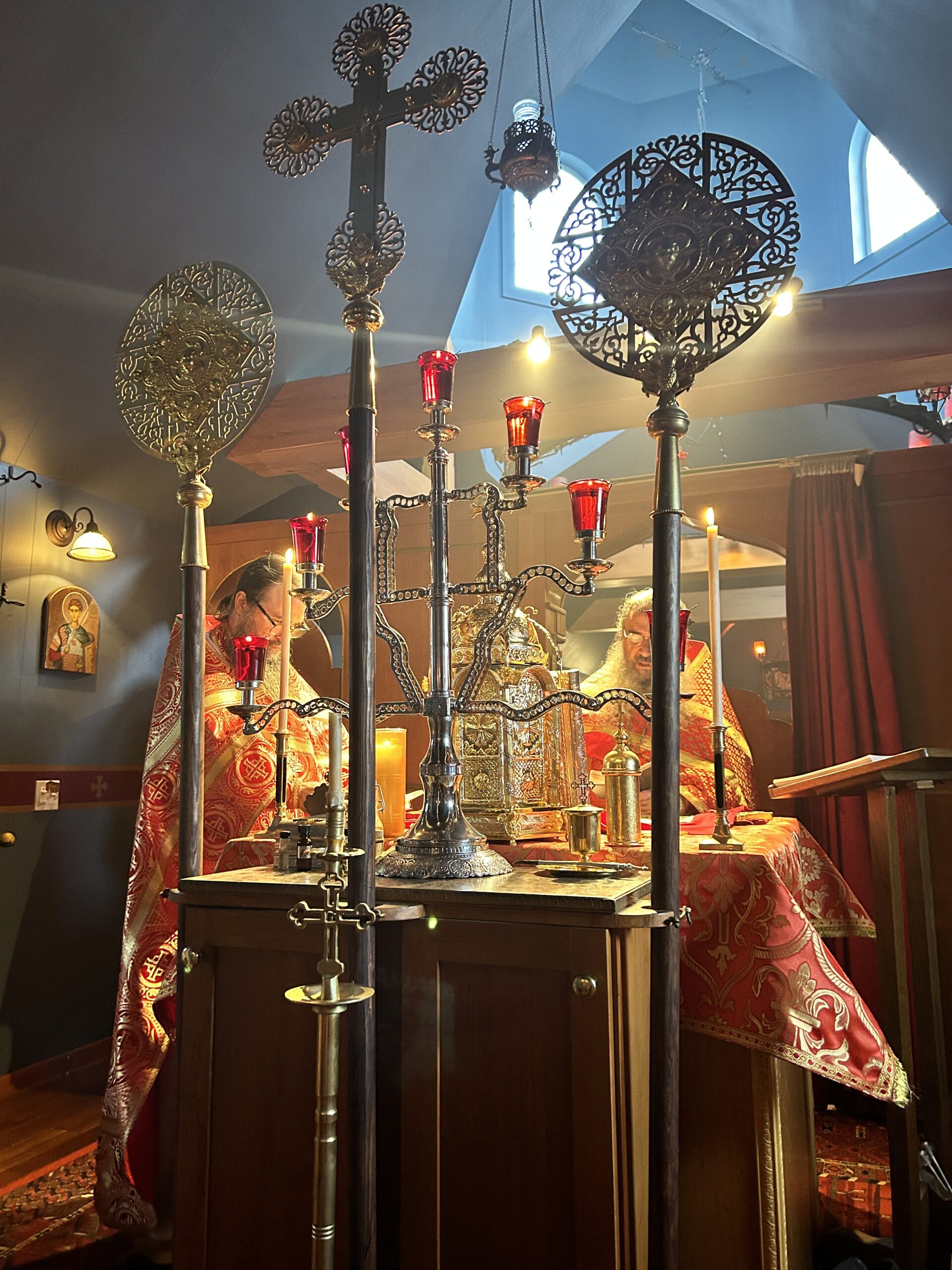We Must Always be Quick to be Merciful

Some people abandon themselves to sin in order to cover up their lack of self esteem. In their need for intimacy and acceptance, they seek out worldly pleasures, thinking these will fill the void that has kept them from happiness. In their desperate search for love, they are unable to form lasting friendships, and they spiral down, failing, ultimately, to achieve that which will satisfy them. Replacing carnal pleasures for true intimacy, they fall further into their brokenness. Falling ever more deeply into the abyss of the self-serving ego, they are estranged from true joy, and lasting peace.
These people are in need of mercy, and what is the Church if not the place wherein they can be healed? If we who form the Body of Christ see ourselves as inspector generals, and set upon others in order to expose their sins and shortcomings, we deprive ourselves of the grace that comes from being merciful. If we, in our pride and self-serving ego, become like the eldest brother of the prodigal son, protesting our Father’s embrace of our returning lost brother, we become lost ourselves.
What are we to do when we see the sins of others, and what is to be our response? If we are to expect God’s mercy, we must be quick to be merciful to others. We must be blind to their sins and shortcomings, and look only to our own brokenness. It is in reconciliation, not punishment, that we find God, and love of neighbor. We must rejoice when one among us has repented, and like the father of the prodigal son, must be quick to run forth with open embrace.
When we are brought down with the acknowledgement of our own rottenness, we can begin to overlook the shortcomings of others. When we focus on God, we see not the sins of our neighbors, and we learn not to react, we learn not to resent, and we learn not to lose our inner peace.
With love in Christ,
Abbot Tryphon
Friday September 29, 2023 / September 16, 2023
17th Week after Pentecost. Tone seven.
Fast. Food with Oil
Great-martyr Euphemia the All-praised, of Chalcedon (304).
New Hieromartyr Gregory Raevsky priest (1937).
New Hieromartyr Sergius priest (1942).
Translation of the relics of St. Alexis of Moscow (2001).
Repose of St. Cyprian, metropolitan of Kiev (1406).
St. Photius, metropolitan of Kiev (1431).
St. Kushka of Odessa confessor (1964).
St. Sebastiana, disciple of St. Paul the Apostle, martyred at Heraclea (86).
Martyr Melitina of Marcianopolis (2nd c.).
Martyrs Victor and Sosthenes at Chalcedon (304).
Venerable Dorotheus, hermit of Egypt (4th c.).
Martyr Ludmilla (927), grandmother of St. Wenceslaus, prince of the Czechs.
Venerable Procopius, abbot, of Sazava in Bohemia (1053).
New Martyrs Isaac and Joseph, who suffered at Karnu, Georgia (808) (Georgia).
The Icon of the Mother of God, named “Support of the Humble” (1420).
St. Ninian, bishop of Whithorn (Candida Casa) ( 432) (Celtic & British).
Venerable Edith, nun, of Wilton, England (984) (Celtic & British).
Venerable Cyprian of Serbia (Serbia).
The Scripture Readings
Ephesians 4:17-25
The New Man
17 This I say, therefore, and testify in the Lord, that you should no longer walk as the rest of the Gentiles walk, in the futility of their mind, 18 having their understanding darkened, being alienated from the life of God, because of the ignorance that is in them, because of the blindness of their heart; 19 who, being past feeling, have given themselves over to lewdness, to work all uncleanness with greediness.
20 But you have not so learned Christ, 21 if indeed you have heard Him and have been taught by Him, as the truth is in Jesus: 22 that you put off, concerning your former conduct, the old man which grows corrupt according to the deceitful lusts, 23 and be renewed in the spirit of your mind, 24 and that you put on the new man which was created according to God, in true righteousness and holiness.
Do Not Grieve the Spirit
25 Therefore, putting away lying, “Let each one of you speak truth with his neighbor,” for we are members of one another.
Mark 12:1-12
The Parable of the Wicked Vinedressers
12 Then He began to speak to them in parables: “A man planted a vineyard and set a hedge around it, dug a place for the wine vat and built a tower. And he leased it to vinedressers and went into a far country. 2 Now at vintage-time he sent a servant to the vinedressers, that he might receive some of the fruit of the vineyard from the vinedressers. 3 And they took him and beat him and sent him away empty-handed.4 Again he sent them another servant, and at him they threw stones, wounded him in the head, and sent him away shamefully treated. 5 And again he sent another, and him they killed; and many others, beating some and killing some. 6 Therefore still having one son, his beloved, he also sent him to them last, saying, ‘They will respect my son.’ 7 But those vinedressers said among themselves, ‘This is the heir. Come, let us kill him, and the inheritance will be ours.’ 8 So they took him and killed him and cast him out of the vineyard.
9 “Therefore what will the owner of the vineyard do? He will come and destroy the vinedressers, and give the vineyard to others. 10 Have you not even read this Scripture:
‘The stone which the builders rejected
Has become the chief cornerstone.
11 This was the Lord’s doing,
And it is marvelous in our eyes’?”
12 And they sought to lay hands on Him, but feared the multitude, for they knew He had spoken the parable against them. So they left Him and went away.
